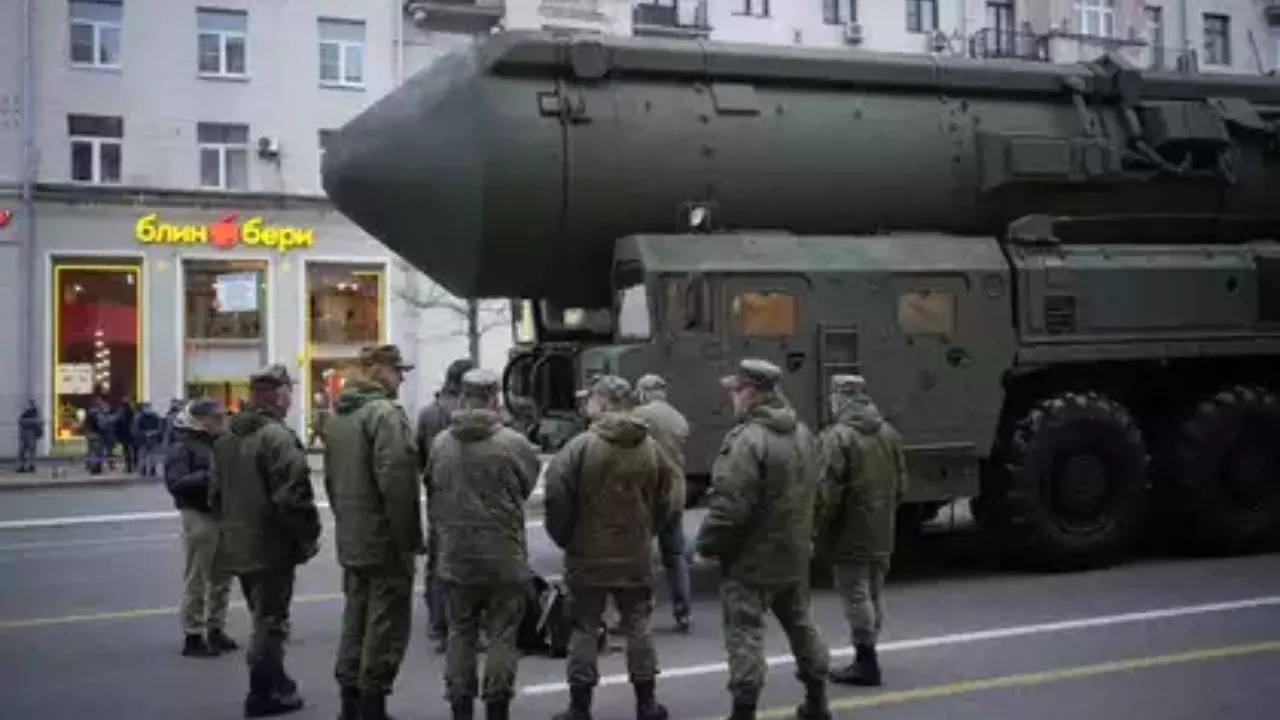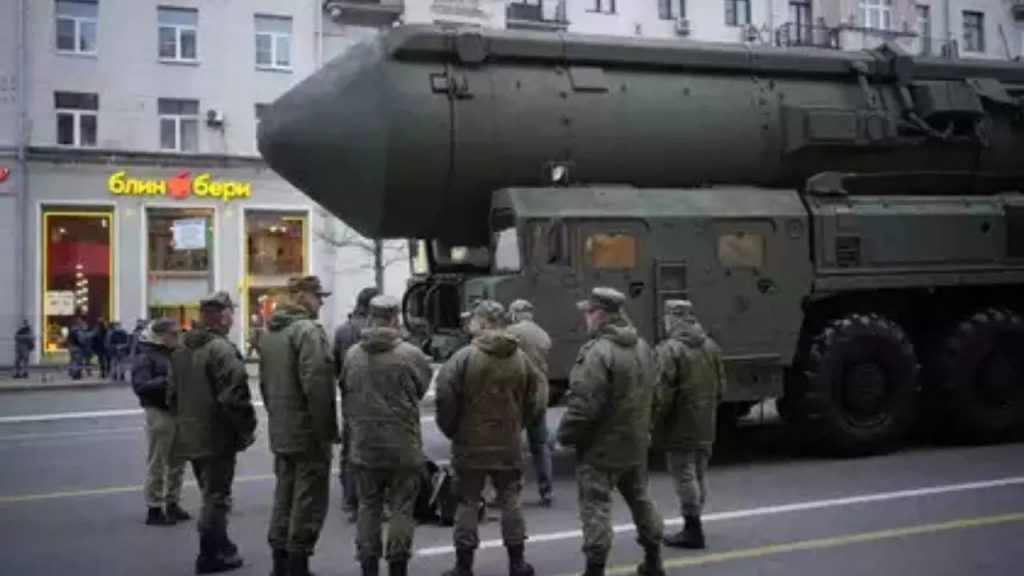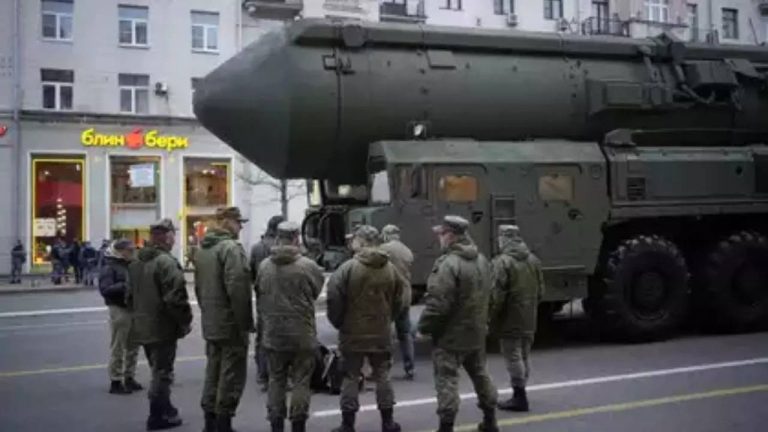Ukraine, a country that inherited a significant nuclear arsenal following the collapse of the Soviet Union, made the strategic decision to give up its nuclear weapons. This decision was driven by a mix of financial considerations and geopolitical factors. In 1994, Ukraine signed the Budapest Memorandum, which provided assurances of protection from the United Kingdom, Russia, and the United States. However, the security guarantees outlined in the agreement were severely tested when Russia annexed Crimea in 2014. This bold move by Russia exposed Ukraine’s vulnerability and highlighted the ongoing threat of Russian aggression towards the country. The geopolitical landscape in Eastern Europe has been significantly impacted by these events, with Ukraine finding itself in a precarious position. The repercussions of Russia’s actions continue to reverberate in the region, shaping diplomatic relations and security dynamics. The international community closely monitors the situation in Ukraine, recognizing the importance of upholding sovereignty and territorial integrity. As Ukraine navigates these challenges, the country remains a focal point in global discussions on security and stability.

Posted in
JUST IN
Ukraine relinquishes nuclear arsenal for security guarantees, faces vulnerability post-Crimea annexation.
In Trend

“Experts Warn of Harsh Summer, Stress Extra Care for Children and Working Professionals”



















